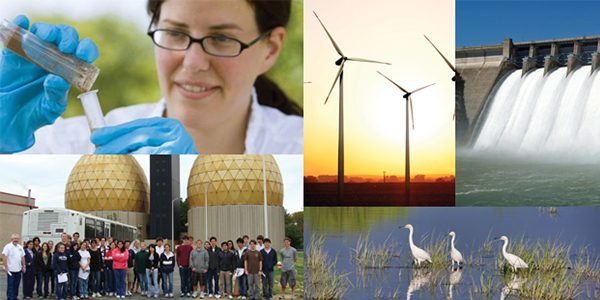Environmental Science Engineering is that branch of science which is associated closely with the development of the environment by the elimination of pollutants and hazards. They are properly trained to identify, control, or eliminate sources of pollutants or any kinds of hazards for that matter affecting the public health. Environmental Science is also the only engineering branch that involves a lot of research which involves determining data collection methods, collecting and analyzing air, water and soil samples for pollution. They also develops plans to prevent, control and fix environmental problems like pollution of environment. Some environmental scientists and specialists focus on environmental issues, while others focus on issues relating to human health. Either way, they work on critical issues, solving some of the most important problems of our day.
Also check : Career in Computer Science Engineering
Environmental Science Eligibility:
To appear in any of the entrance examination of undergraduate engineering courses, it becomes compulsory that the student must have passed the higher secondary school certificate examinations with the subjects specialized in Physics, Chemistry & Maths. However some courses demand the need of Biology also which may or may not be considered. The percentage requirements are conditional and they vary according to the university or college sometimes even depending on the state which you apply.
Duration:
Generally, any Bachelor of Engineering in India will span a duration of 4 full academic years which will include 8 semesters i.e; 2 semesters each year at the end of which a university theory cum practical examination for the respective subjects will be conducted. At the end of the final year a final project becomes compulsory, internships and mini projects which are to be done by the student vary from one university to the other. As far as the studying of subjects are concerned, it depends on the syllabus of each university that how much main subjects it allots per semester but a minimum of five subjects is expected to be written as theory examination conducted at the end of every semester.
Admission Process:
Option 1:
Merit seats- admission through Common Entrance Test conducted by respective state examination board / college / university.
Option 2 :
Payment seats offered by the respective Colleges / Universities.
The above are the options through which an engineering admission could be done, you will have to select the most appropriate college/university in which you want to get into and then obtain the college details, relevant contact phone number and visit the institution for further enquiries.
Also check : Engineering in Aeronautical
Fees:
Each university has its own fees structure though, we would like to present to you a generalized scenario. Private universities will cost you around 150,000 to 300,000 (1.5 to 3 lakh) rupees per student per year . Public university on an average will cost between 75,000 to 150,000 rupees per student per year. Living expenses will cost you depending on the location of the university like in cities, it will cost you more and your style of living. Generally, this expenditure may cost you around Rs.1 lac excluding your tuition fees.
Syllabus & Subjects Studied:
Water Engineering.
- Biochemistry.
- Solid Waste Management.
- Pollution Measurements.
- Mechanics of Solids.
- Microbiology.
- Instrument Analysis.
Best Colleges / Universities:
- Indian School of Mines University, Dhanbad.
- Vishveshvaraya Technological University, Belgaum.
- Guru Gobind Singh Indraprastha University,Punjab.
- Aryabhatta Knowledge University, Patna.
Jobs after completing Environmental Science Engineering course:
Sector / Industry:
- Pollution Control Board.
- Hazardous Waste Management.
- Toxic material Controls.
- Polymer Industry.
- Automobile Sector.
- Aircraft Manufacturing Industry.
Salary:
According to Payscale, an Environmental Science Engineer is expected to earn an average salary of Rs 4015 lakhs per year. With experience the pay could increase to a considerable amount.
Careers after completing this course:
- Environmental Engineer.
- Reservoir Engineer.
- Air Quality Manager.
- Environment Designer and Planner.
- Pollution Control Engineer.
- ater Quality Engineer.
Courses after completing this course:
- Masters Degree is possible in Environmental Sciences.
- Doctoral & Research options are also available.





